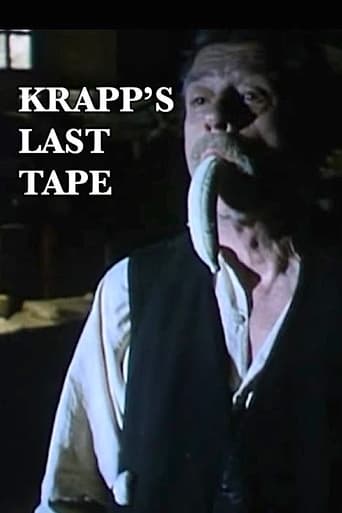In Krapp's Last Tape, which was written in English in 1958, an old man reviews his life and assesses his predicament. We learn about him not from the 69-year-old man on stage, but from his 39-year-old self on the tape he chooses to listen to. On the 'awful occasion' of his birthday, Krapp was then and is now in the habit of reviewing the past year and 'separating the grain from the husks'. He isolates memories of value, fertility and nourishment to set against creeping death 'when all my dust has settled'.


Similar titles

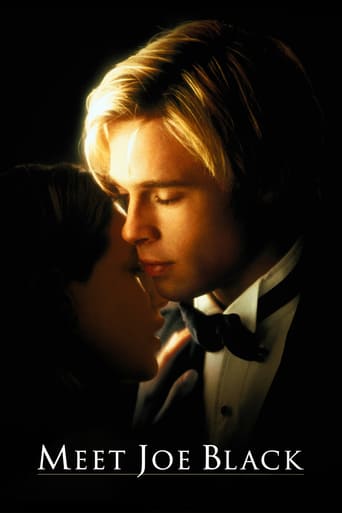
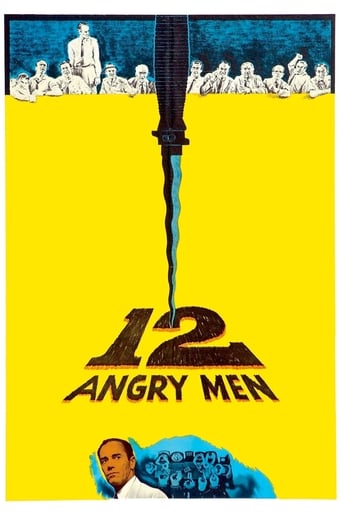
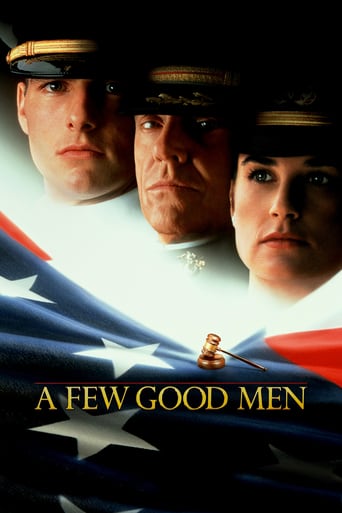
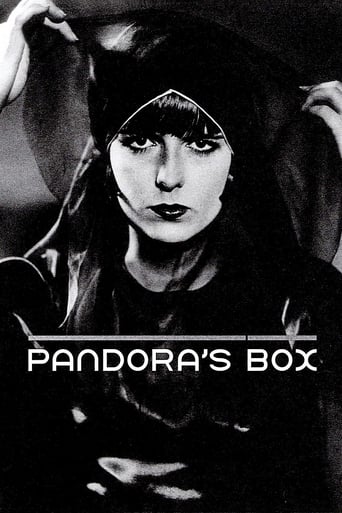

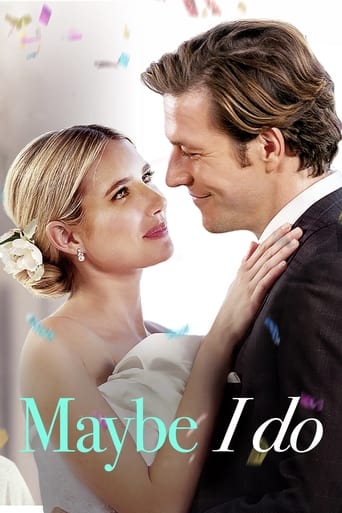
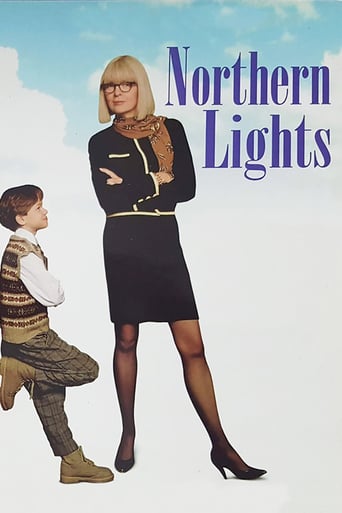
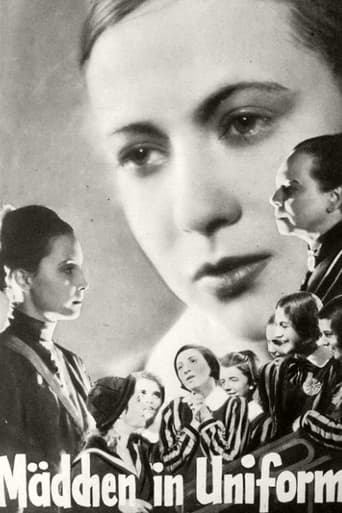
Reviews
This was the last film in the Beckett on Film box set I had to watch. The film stars John Hurt as Krapp, an old man who listens to a recording he made when he turned 39 in which he tells of how things are. Unfortunately how things are expressed on the tape is not how he remembers them so he begins to erase and re-record things the way they really happened.The performance of Hurt as Krapp is stunning. I completely understand why theatrical producers tried for years to get him to come to the United States and perform the play.Its truly amazing. My reservations concerning the film come from the source which has way too much clowning by Krapp, some of which is involving bananas and a banana peel. Its a silliness that wrecks the rest of the film since it seems completely artificial, which is something that Beckett often is, and which for me is one of the reasons that its less than its reputation. Reservations aside this is a film that really is worth the time especially if one wants to see a great performance by a great actor.
I fail to see why this production averages 5.5 from IMDB users; it's really a very competent and effective version of possibly my favourite Beckett play. It is not showy, it lacks risk-taking, but frankly playing safe with the superb material is a worthwhile furrow to plough.Hurt is magnificent as Krapp, etching this rendition into the memory like 'crysallite'. He is buffoonish and a great clown, as well as finding the requisite notes of bleak sadness. Egoyan basically presents the performance as close to how it would appear on stage; we are only given subtle uses of the medium - some closer in shots, executed with gradual, tactful camera movements. I don't think I really need to expound upon the reasons behind this play's sublimity; needless to say, this is a very effective, none too radical version that presents it very amenably. Very well recommended; especially for those who are not at all familiar with the play; this will be a shatteringly moving revelation. As it was for me when I first saw this in the theatre 18 months or so ago.Rating:- **** 1/2/*****
For long periods of this play/film. Krapp (John Hurt) is saying nothing but his voice is heard nonetheless coming from the old reel-to-reel tapes that he plays back on his tape recorder. At times he seems incapable of remembering properly the events recounted by his younger voice on the tape, highlighting the relationship between memory and recording media.Krapp at times takes pleasure and almost relives the memories on tape and at other times looses his temper as he disagrees with his former self or becomes impatient with the pace of his musings.He sometimes seems surprised or extremely interested at the recordings but one is never sure whether his fascination is with a story that he no longer remembers or with his former telling of that story, which he might no longer see in the same way.As a piece of theatre the contrast between live speech and recorded speech is more pronounced. On film it is a contrivance between the voice recorded on film and the voice recorded on tape recorded on film.Great stuff none-the-less!
'Krapp's Last Tape''s lengthy opening mime seems to pre-empt Kubrick's narrative of evolution in '2001'. An old man sits at his desk in a dank, poorly lit room, full of moulding paperwork, gawping silently into nothingness, the melting reflection of heavy rain playing on his features. Is he senile? Blasted by some shattering revelation? Awaiting death like Hamm in 'Endgame'?Although old, he is also newly born - he didn't exist until the play started. Soon he gets up, and, with arthritic gestures, circles the table and takes out a banana, holding it dazed in his mouth before eating it, re-circling the table and slipping on the skin. He eats a second banana, but doesn't repeat the error. Pavlovian progress! Next,the man then takes out one of those huge creaking accounts books they used in medieval times; he has a number of 'spools' classified in a manner which might remind us of pedantic Victorian bureaucracy; finally, he listens to these spools on a taperecorder that must have been the height of modernity when the play was written in the early 60s. There you have it, a potted history of mankind - emerging from nothingness - the ape period and developing basic intelligence through trial and error - medieval - Victorian - modern, technological. A neat linear history of progress.This is the first great irony in a play that is indeed concerned with time and history, but not in an optimistically linear way. krapp is a writer who, on each birthday, records a message reviewing his year, having first listened to a previous artefact. This year he listens to his 39-year-old self. Already we have a backwards leap in time, but within this older message are further reminiscences, including commentary on listening to an even older message.This message krapp now listens to relates three shatteringly significant events, all three contributing, we feel, to the broken Krapp who stands before us - the death of his mother; a break-up with a loved one; and a revelation that finally decides the direction of his art. So even though at this comparitively youthful age, Krapp's life is full of loss and solitude, there is a 'fire' in him that has now been extinguished, or degenerated into phlegmatic cursing. We don't need to look far for the reasons for Krapp's decline - a man who records and classifies life rather than living it is doomed to lose it, but Krapp is not just a singular eccentric; he is a warning of what will happen to anyone who refuses to give themselves to happiness or others, who want to remain distant, in control.If someone said Atom Egoyan was going to direct a Beckett play, you'd guess it was 'Krapp', with its hero who's dead life is fragmented by, and trapped in, a media machine; as well as a man who acts as dramatist, critic and audience, but never, it seems, performer, of his own life. And yet, Egoyan never imposes his concerns; it's only because we know it's Egoyan that we see the connection - he is rigorously faithful to the text and, more importantly, to Beckett's instructions.Some of the novelties in the theatre - the playing on black and white imagery; the innovation of a theatrical performance that is not wholly live may be lost, but 'Krapp' is one of the three Beckett on Film successes - faced with the whole text, Egoyan preserves a 'theatrical' distance, with an unobtrusive, but slowly inclining camera achieving devastating results, which each rare, carefully chosen edit having a visceral charge.He is helped in no end by John Hurt's marvellous performance, which negotiates the transition from childish slapstick to the bleakest loss at the same tonal level, as if the ravages on the mind of one created the infantilism of the other. This is my favourite Beckett play, where heartbreaking poetry veering towards sentimentality is undermined, but never obliterated, by rich self-reflexivity, by incongruous comedy, by a hero with a somewhat unflattering name.
